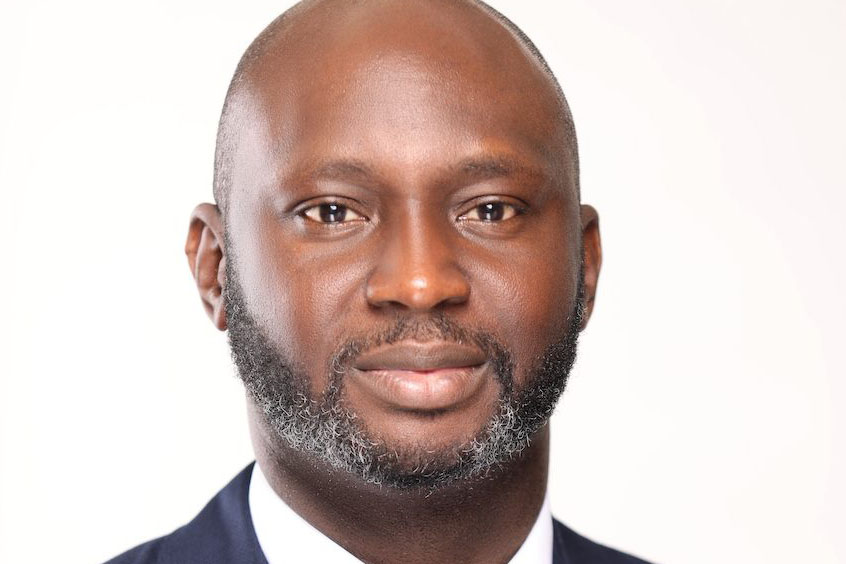 Amid Nigeria’s growing waste management crisis, Sarah Aduwa, a distinguished environmental scientist and geologist, is championing data-driven solutions to combat pollution and enhance sustainability.
Amid Nigeria’s growing waste management crisis, Sarah Aduwa, a distinguished environmental scientist and geologist, is championing data-driven solutions to combat pollution and enhance sustainability.
With extensive expertise in geological surveying, environmental impact assessments, and hazardous materials management, Aduwa is leveraging scientific research and innovative technology to improve waste management practices.
Her career spans both academic research and hands-on environmental remediation projects, positioning her as a leader in the field.
Aduwa holds a Master of Science in Environmental Science from the University of West Florida, USA, along with Master’s and Bachelor’s degrees in Geology from the University of Benin, Nigeria. Her academic background has been instrumental in shaping her approach to tackling environmental challenges through research and policy advocacy.
“Nigeria’s waste management system faces significant gaps, but integrating scientific research and geospatial technology can provide effective solutions,” Aduwa explained.
Her research focuses on environmental site assessments, pollution tracking using Geographic Information Systems (GIS), and optimizing waste collection strategies. As an Environmental Specialist with the Florida Department of Environmental Protection, she oversees remediation projects for hazardous waste sites, ensuring compliance with state and federal environmental regulations.
Her experience managing Superfund and Drycleaning Solvent Cleanup Program sites has equipped her with a deep understanding of waste contamination and sustainable remediation practices.
Beyond research, Aduwa actively collaborates with environmental agencies, local governments, and community organizations to promote responsible waste disposal, recycling initiatives, and policy reform.
She believes that public participation is key to addressing Nigeria’s waste challenges and advocates for a circular economy model, emphasizing the repurposing of waste materials into valuable resources.
“When communities understand the long-term benefits of sustainable waste management, they become active stakeholders in the solution,” she said.
She is a member of esteemed organizations such as the The National Institute of Professional Engineers and Scientists (NIPES), American Academy of Environmental Engineers and Scientists (AAESS) and the National Association of Environmental Professionals (NAEP), reinforcing her commitment to advancing environmental sustainability.
Aduwa also raises awareness about the health implications of poor waste management, including the risks of waterborne diseases and air pollution. “The link between improper waste disposal and public health crises is alarming.
“Strengthening environmental regulations and compliance measures is essential,” she emphasized.
Despite ongoing government efforts, Nigeria’s waste collection and disposal systems remain inefficient, leading to severe environmental hazards.
Aduwa believes that a science-driven approach—coupled with policy enforcement and investment in modern waste infrastructure—can drive long-term solutions. “By prioritizing sustainable policies and embracing innovative technologies, Nigeria can transition toward a cleaner, healthier environment,” she asserted.
Her vision is a future where waste management in Nigeria is both efficient and sustainable, where recycling becomes a cultural norm, and where environmental preservation is prioritized at all levels of society.
Through her research, advocacy, and field expertise, Aduwa continues to push for groundbreaking solutions that can transform Nigeria’s environmental landscape.
“As a nation, we must start viewing waste as an opportunity rather than a burden,” she concluded.
With her unwavering commitment to sustainability, Sarah Aduwa is leading the charge toward a cleaner, greener Nigeria.





